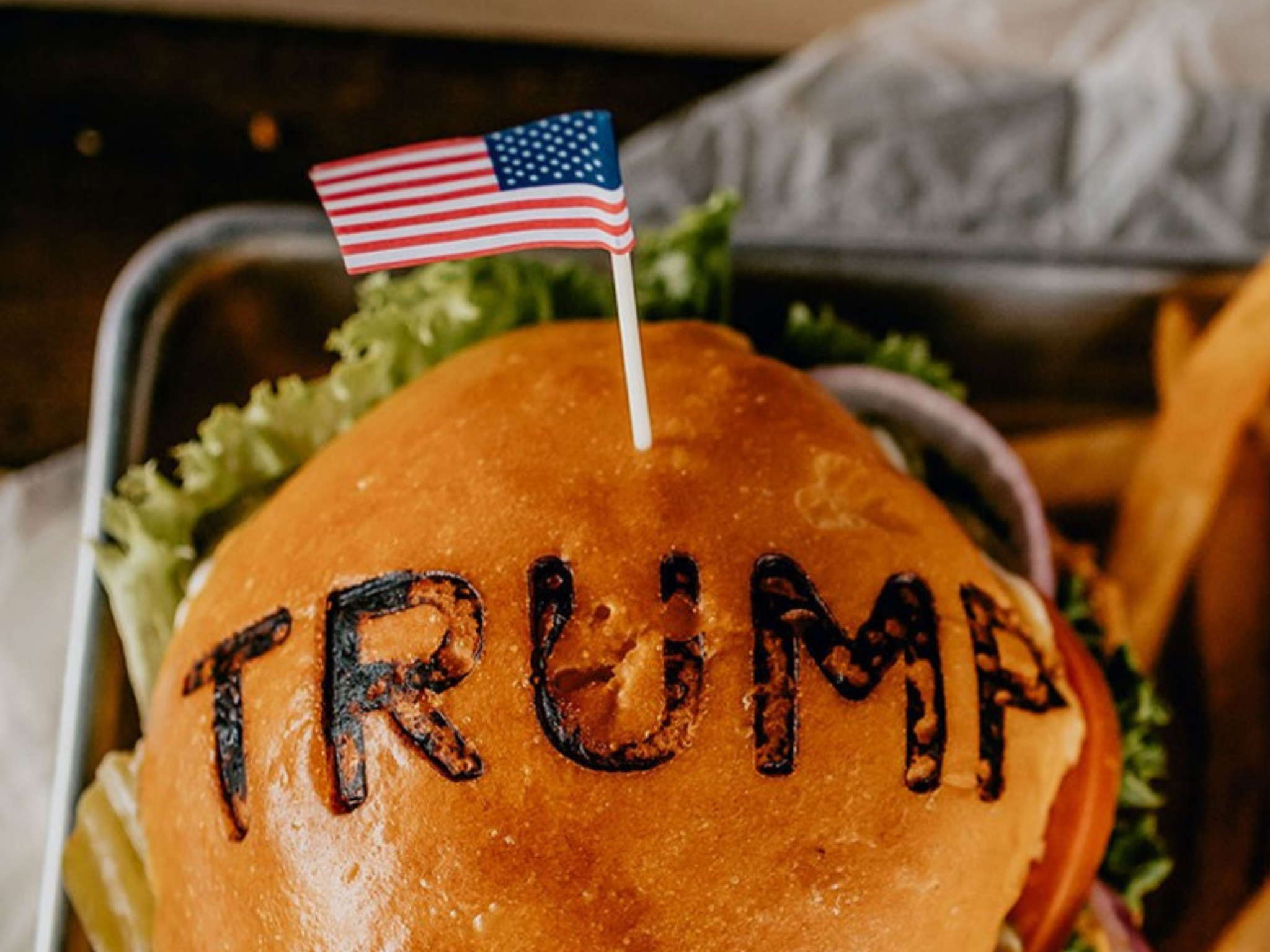Trumping America: Which Countries Stand to Win From Cultivated Meat Bans in the US?
9 Mins Read
With Donald Trump having returned to office, 2025 could be a bumper year for cultivated meat bans in the US – here are the countries that could benefit from these policies.
Within a day of returning to the presidency, Donald Trump withdrew the US from the Paris Agreement yet again, promised to “drill, baby, drill” by invoking a national energy emergency (despite being the world’s largest oil and gas producer), promised to end the Green New Deal, and ordered the elimination of government offices that protect vulnerable communities from pollution.
None of this was unexpected, though for many around the world, it was jarring. After an administration that pumped more money into dealing with climate change than ever before, Trump’s complete one-eighty on day one is a harbinger of dark times to come in the climate fight.
One climate-related issue that has sparked a culture war in the country is meat-eating. Americans eat way more meat than recommended, and 99% of it comes from factory farms. Despite that, the backlash against novel proteins like cultivated meat is incendiary.
The states of Florida and Alabama have both officially banned cultivated meat, while lawmakers in a dozen others – including Arizona, Illinois, Nebraska, New York, Pennsylvania, and Texas – have attempted to do the same.
Trump hasn’t been shy about his love for meat, nor has his infamous mega donor Elon Musk. Vice-president JD Vance has previously gone on a tirade about “disgusting fake meat”, calling it “highly processed garbage”, and Robert F Kennedy Jr – who could become the next US health secretary – has likened it to the ultra-processed food that he hates.
There are rumours that RFK Jr might ban cultivated meat, though he’s actually more likely to just make it harder for companies to receive approval from the Food and Drug Administration and Department of Agriculture to sell these products in the country.
If Kennedy puts up those barriers, and more states succeed in banning cultivated meat, it would force cultivated meat companies to look away from the US and towards more receptive countries.
The US was the second nation to greenlight these products for sale, with California’s Upside Foods and Eat Just both receiving approval for their cultivated chicken products in 2023. That feels like a long time ago, and it’s worth wondering whether it was an outlier.
The new US administration’s distaste for cultivated meat could bring significant opportunities for other countries that would look to capitalise by offering a friendly regulatory environment for alternative protein producers.
For example, in a recent newsletter, alternative protein think tank the Good Food Institute APAC predicted that 2025 would likely “go in the history books as the year that cultivated meat went from being an exotic dish only available in business hubs like Singapore and Hong Kong, to an emerging technology explored by innovators across Asia-Pacific”.
“Our experts are optimistic that this year will include the first-ever market approvals in South Korea and Australia/New Zealand (which share a regulatory body). It’s possible that Thailand could follow suit,” the think tank suggested.
Here are the nations that could be the biggest winners.
Singapore
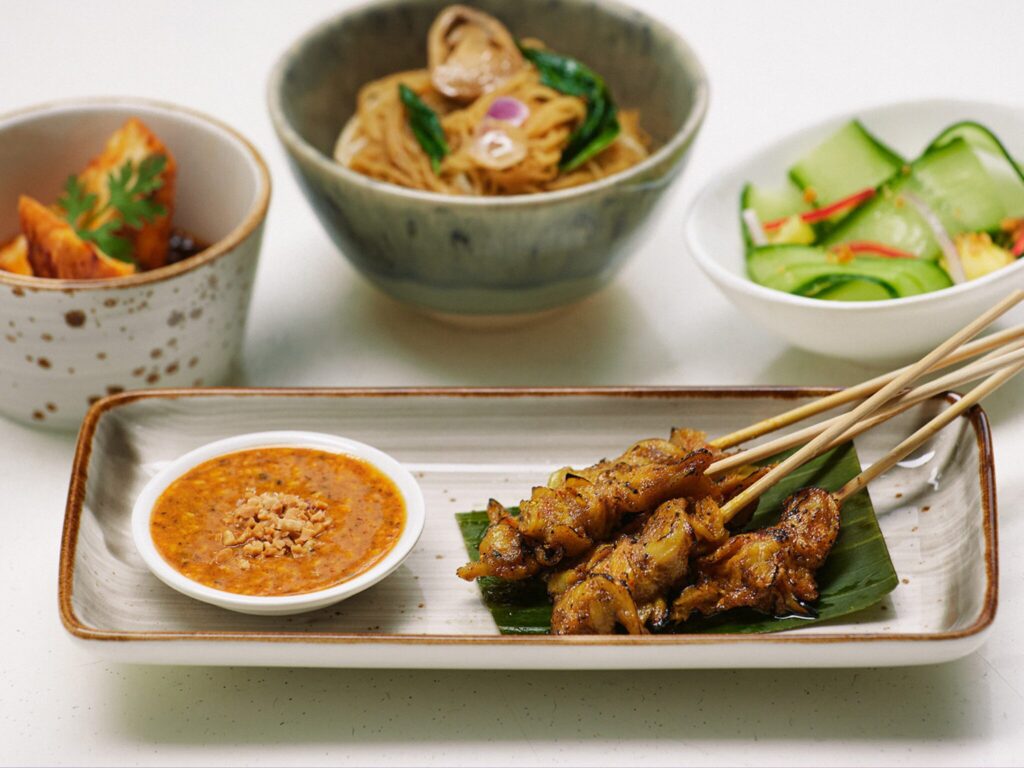
Widely recognised as a future food leader, Singapore was the first country to approve the sale of cultivated meat back in 2020 (for Eat Just) and has since granted clearance to cultured quail and foie gras from Australia’s Vow. It’s also assessing applications from a host of other startups, including Mosa Meat, Meatable, Vital Meat, and Aleph Farms.
The city-state’s leadership in this sector has drawn the attention of other countries too, which have floated the idea of using Singapore’s approval as a benchmark to greenlight products within their own borders (the way Hong Kong has done with Vow).
Cultivated meat producers are taking note of this, with Meatable telling Green Queen that it hoped to use this system of international cooperation to obtain approval in five to six countries by the end of the year.
The country’s new Food Safety and Security Bill officially describes novel foods and codifies the existing regulatory framework to make it easier for producers to commercialise. Expect more companies to look to Singapore in the wake of any anti-cultivated-meat legislation in the US.
UK
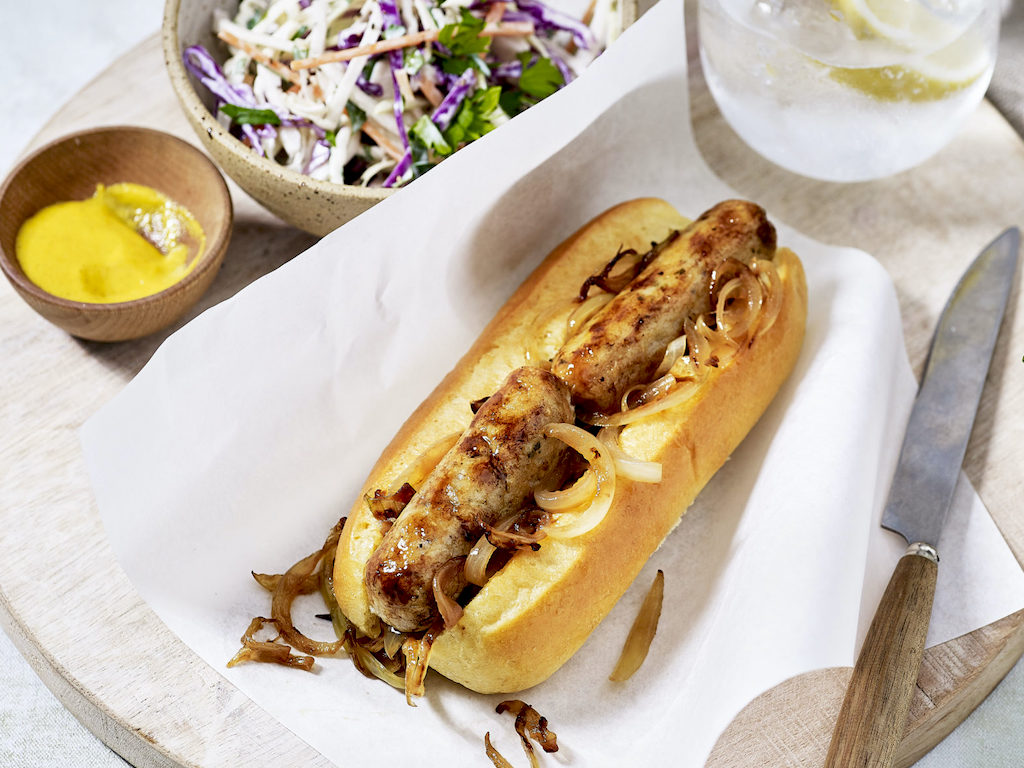
Long been bound by EU regulations, the UK took major strides last year to break away from pre-Brexit rules and establish itself as a regulatory leader in the sector. The Food Standards Agency has suggested it would establish the international cooperation framework too, working with not just Singapore, but also the likes of Australia, New Zealand and potentially others.
In October, the government poured £1.6M into the FSA to create a first-of-its-kind regulatory ‘sandbox’ for cultivated meat producers, which is built to speed up the timeline and lower the costs related to regulatory clearance.
This year, the FSA will create a new public register for novel food approvals to replace the existing system of requiring a statutory instrument, which adds up to six months to a process that already takes over two and a half years. It will also do away with the need for renewals of approvals every 10 years, which currently add to the agency’s crowded backlog.
The UK also became the first European country to approve cultivated meat, greenlighting Meatly’s pet food. Gourmey (cultivated foie gras), Vital Meat (cultivated chicken), Ivy Farm Technologies and Aleph Farms (both cultivated beef) have all applied too.
European Union

The EU has been a frustrating market for cultivated meat players. Its novel food regulations – among the strictest and most complex globally – have deterred companies from filing dossiers. Morever, startups have told us that they want to make sure they get their dossier right because timelines are so long. In terms of political and cultural buy-in, the bloc is a bit of a mixed bag. While the world’s first cultivated meat product was born in the EU (Dutch startup Mosa Meat’s 2013 burger), it is home to the first national ban on cultivated meat (in Italy), and has faced several other attempts from the likes of France, Romania and Hungary.
Homegrown companies have usually looked to places like Singapore or the US for market entry, but could the developments in the latter finally accelerate progress in the EU? Gourmey became the first to apply for regulatory approval from the European Food Safety Authority in July, and this week, Mosa Meat did so too.
Meanwhile, the EU Commission has rejected Hungary’s argument justifying a ban on cultivated meat, alongside member states like Czechia, Lithuania, Sweden, and the Netherlands – signalling a slightly more positive state of affairs for novel foods in the region.
Israel
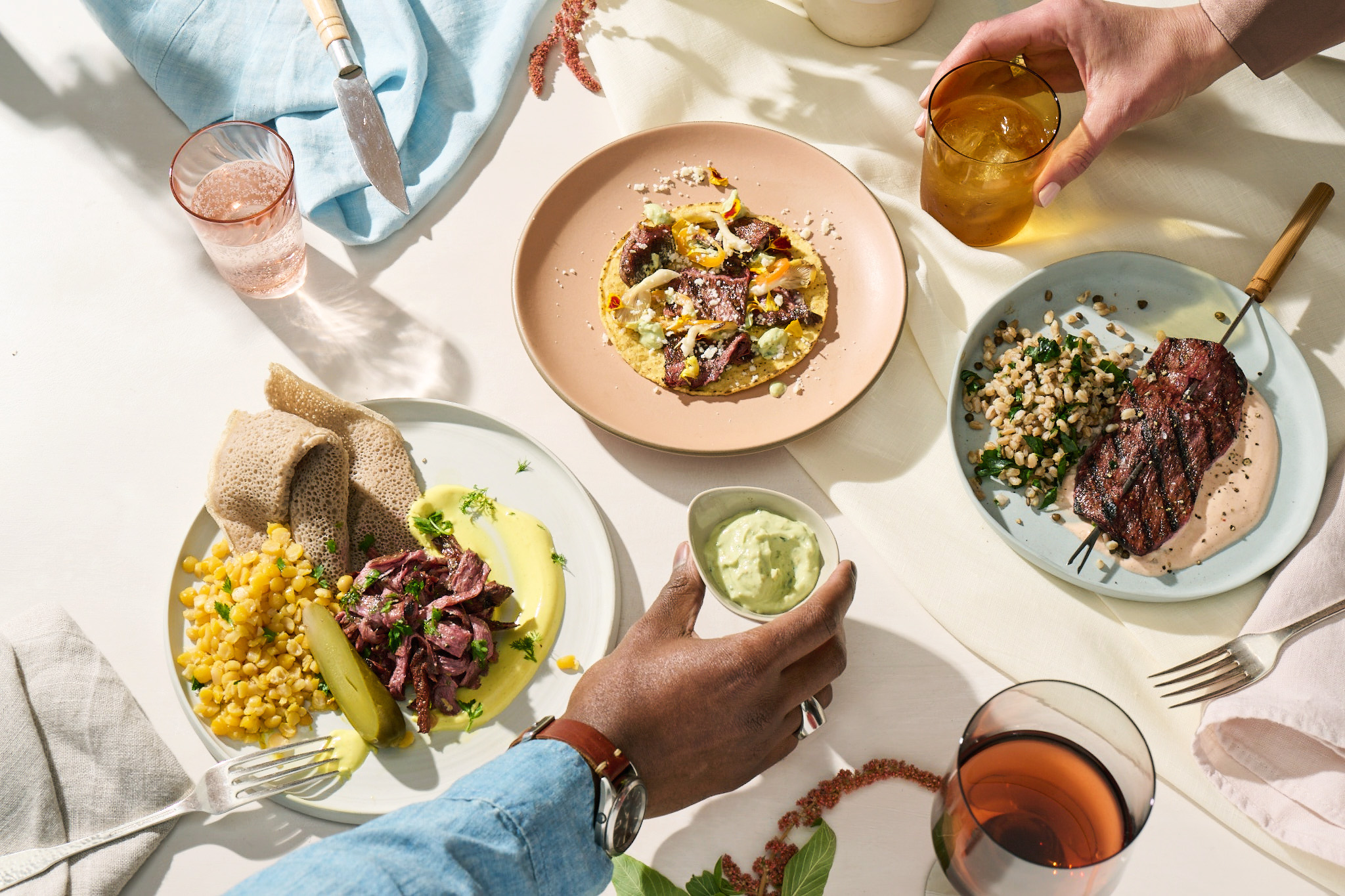
After Singapore and the US, Israel was the third country to approve cultivated meat, giving the go-ahead to Aleph Farms in December 2023. The nation has been adjudged to be one of the global hotbeds of alternative protein innovation – it’s home to over 70 future food startups, accounted for 10% of investment in the industry in 2023, and is set to generate 10,000 new jobs and $2.5B in economic benefits by 2030.
While progress has been halted due to the current war in Gaza, which is still ongoing, the ceasefire has brought respite and hopes of an end to the long-running dispute. While there’s still a long way to go, it could potentially spark a regulatory revival in Israel for novel foods.
China

Many US politicians have already taken aim at China as one of its major rivals, but the country’s dominance in sectors like manufacturing, electric mobility, and biotechnology has left even Republicans – famously against cultivated meat – wondering whether it’s time to embrace these novel proteins.
Cultivated meat companies benefit from much lower production costs in the East Asian country, compared to Europe or the US, as well as friendly policies. China’s five-year agricultural plan (running until 2026) calls for research into proteins like cultivated meat, while the 2020 Green Biological Manufacturing initiative set aside ¥20M ($3M at the time) in funding for plant-based and cultivated meat research.
This hasn’t gone unnoticed in the US. Nearly a dozen Republican Congress members sent a letter to the director of national intelligence and the USDA’s director of homeland security a few months ago, asking them to analyse the potential impact of China’s advancements on the global food system, and urging the US to take action to maintain leadership and resilience in the biotech sector.
Thailand
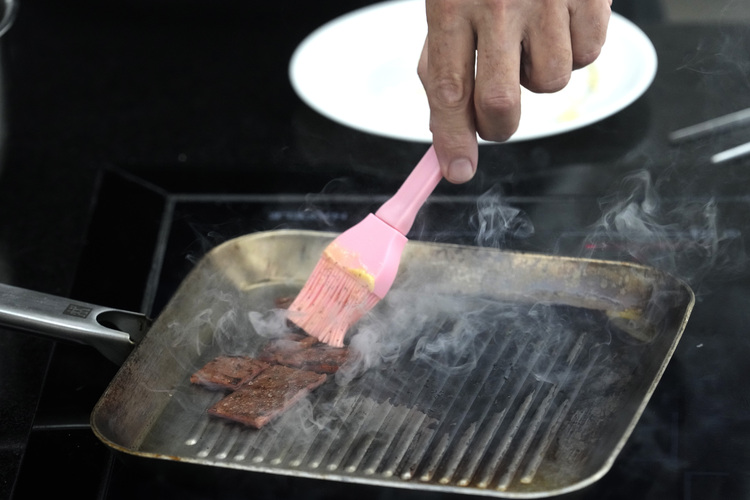
While it may fly under the radar for some, Thailand has been steadily building its cultivated meat ecosystem over the years. Over the last three decades, meat consumption in Thailand has skyrocketed by 180%, doubling the amount of land used for livestock farming, but two-thirds of locals are looking to put less meat on their plates, primarily for health reasons.
And while research suggests that just a quarter of Thailand’s population is aware of cultivated meat, one poll found that 97% of Thai consumers want to try these proteins.
Aleph Farms is already building the country’s first manufacturing facility for cultivated meat and recently held a tasting event for industry professionals in Bangkok. The startup also worked with seafood giant Thai Union to submit a regulatory dossier to the National Center for Genetic Engineering and Biotechnology in December.
South Korea
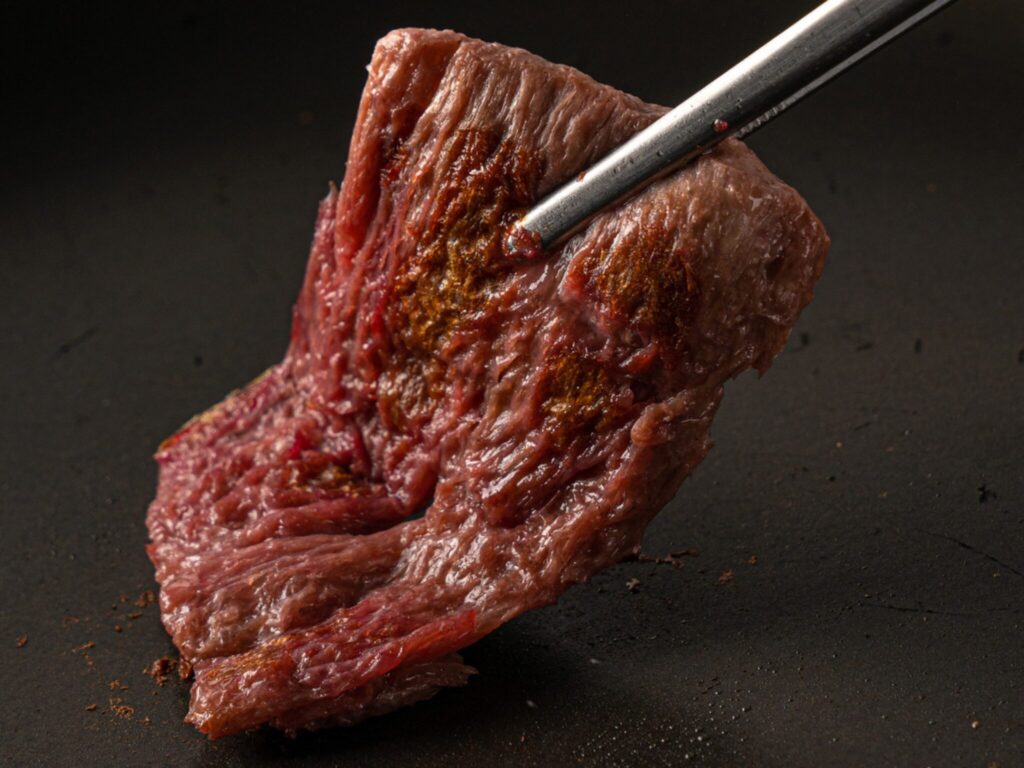
Policy support for cultivated meat has come a long way in South Korea. A year after the opening of the $7M North Gyeongsang Cellular Agriculture Industry Support Center, the Ministry of Food and Drug Safety established a framework for regulatory approval of these proteins.
The government also created a regulation-free special zone for the development of cultivated foods. The ₩20B ($14M) project harbours 10 companies working to commercialise these proteins. And the Ministry of Oceans and Fisheries is investing ₩29B ($21M) in research funding for plant-based and cultivated seafood technologies.
With 90% of Koreans willing to try cultivated meat, and two in five in favour of it being sold at supermarkets and restaurants, the potential for this industry in South Korea is high. Seoul-based startup Simple Planet has indicated that it aims to obtain the regulatory greenlight for its cultivated meat this year.
Australia and New Zealand
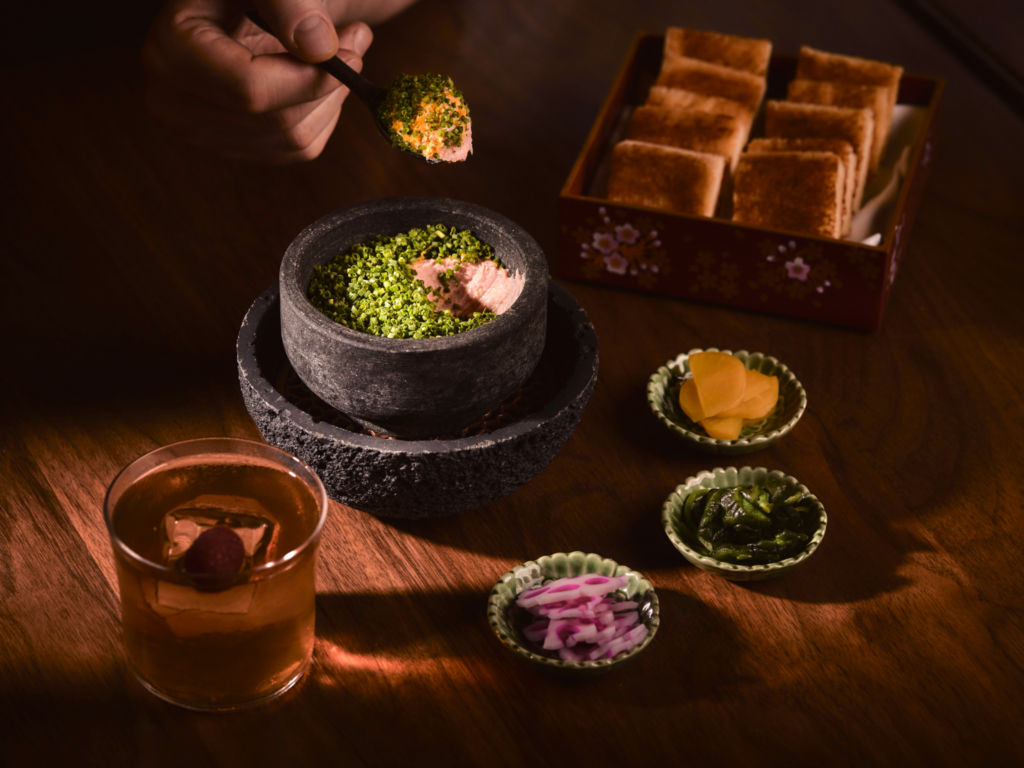
Another regulatory assessing Vow’s application is Food Standards Australia New Zealand. While the process started in early 2023 and has been protracted, the joint regulator closed a second round of public consultation for its filing just before Christmas, proposing a new standards-based approach. At this stage, it won’t be a surprise if the agency gives the greenlight within the year.
Fellow Australian startup Magic Valley is also working closely with the Antipodean regulator on the compliance and safety of its cultivated pork, and has previously suggested that it could commercially launch the product this year.
These innovations would appeal to the 21% of Australians who describe themselves as ‘meat reducers’. Four in 10 say they are cutting back on meat, or have reduced or eliminated it altogether. And another survey shows that more than half of these consumers are open to trying culrivated meat.

